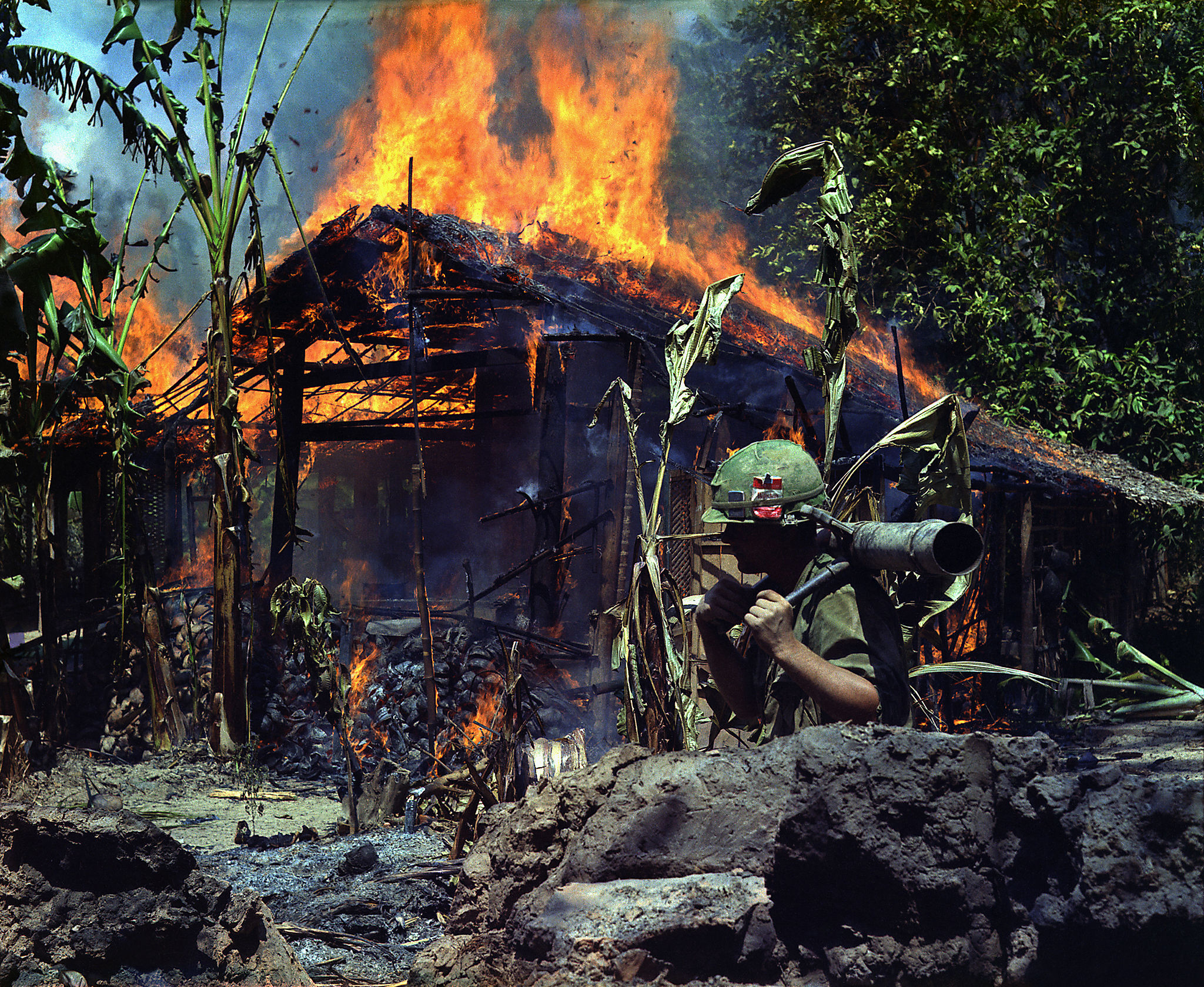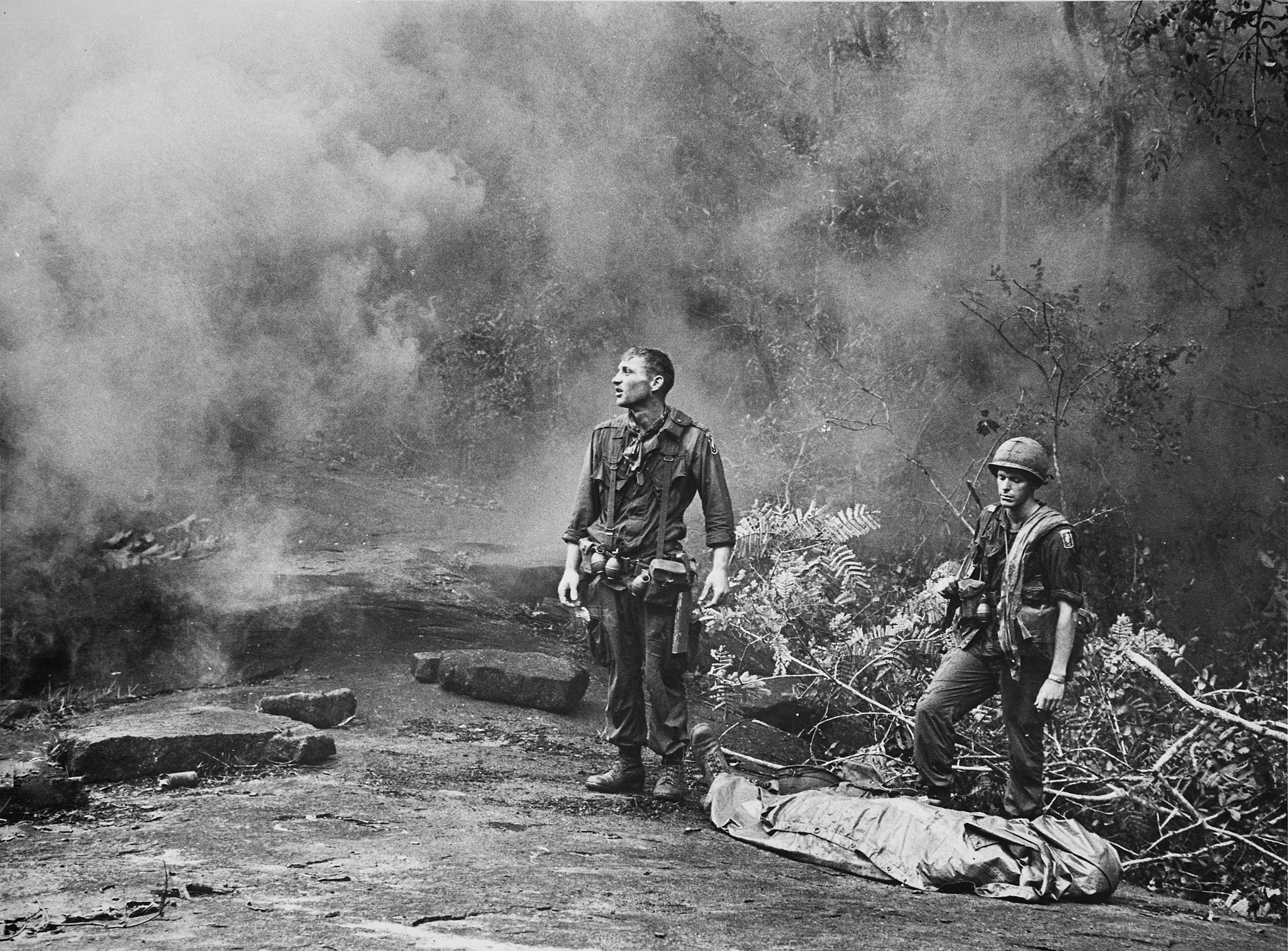The Vietnam War
French Colonialism, the Rise of Ho Chi Minh, and the Division of Vietnam
Vietnam’s Cold War conflict was rooted in its struggle for independence from French colonial rule. Ho Chi Minh, a communist revolutionary leader, gained popular support for his nationalist and anti-colonial stance, leading to the First Indochina War (1946–1954). The Geneva Accords of 1954 temporarily divided Vietnam along the 17th parallel, with North Vietnam under Ho Chi Minh’s communist government and South Vietnam led by a U.S.-backed regime.
Soviet and Chinese Support vs. US Intervention
North Vietnam received substantial aid from the Soviet Union and China, including weapons, military advisers, and economic support. Meanwhile, the U.S. escalated its involvement in South Vietnam, transitioning from providing military aid to direct military intervention by 1965. This marked the beginning of a large-scale conflict that would dominate U.S. foreign policy for a decade.

